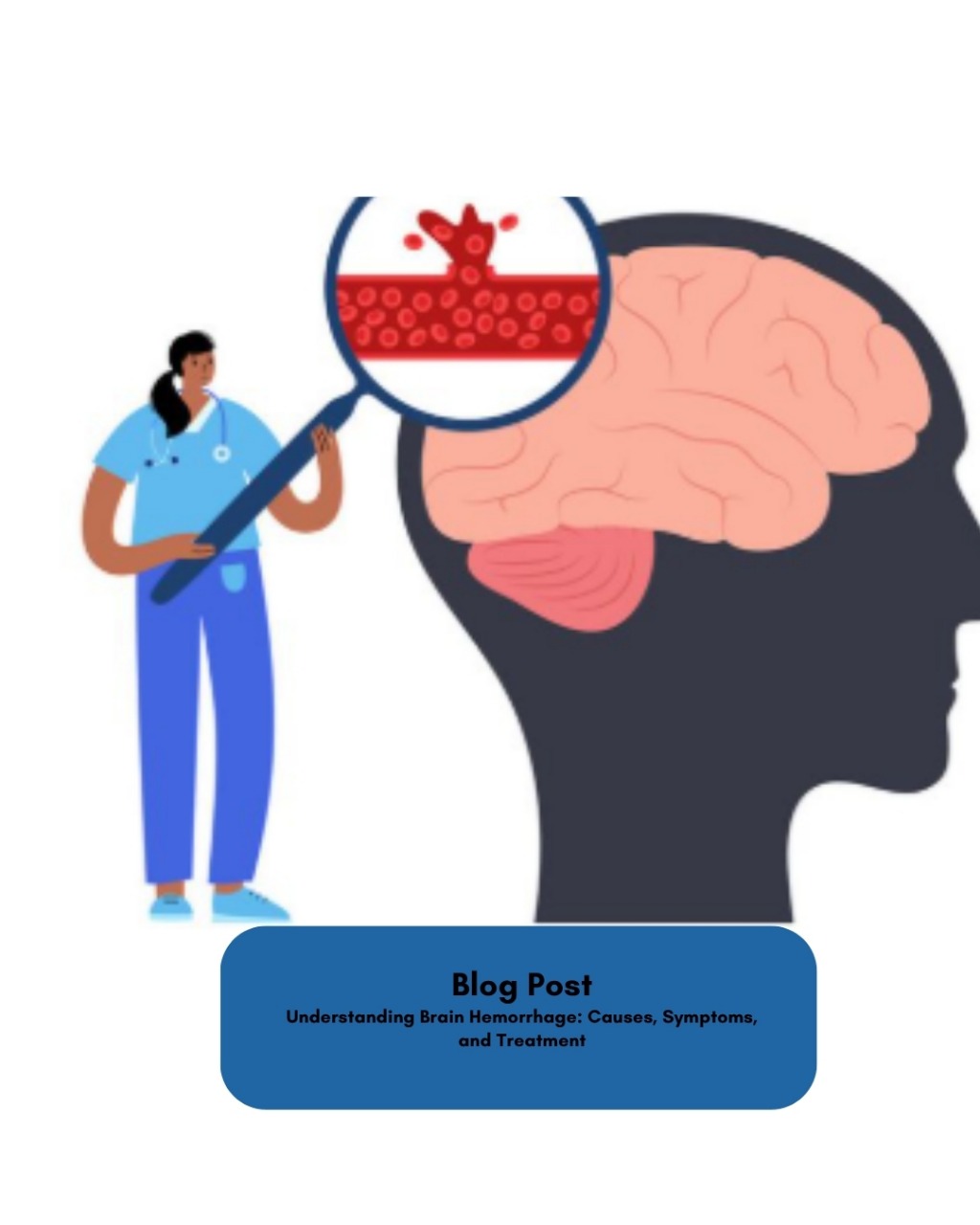Understanding the Different Types of Stress Disorders
Everyone experiences stress. It’s a natural response to challenges, deadlines, and uncertainty. But when stress becomes overwhelming or prolonged, it can evolve into a stress disorder—a serious condition that affects both mental and neurological health.
According to Dr. Vamshi Krishna, the best neurosurgeon in Hitech City, untreated stress disorders can trigger or worsen migraines, sleep disturbances, memory issues, and even nerve-related symptoms. That’s why recognizing and addressing these conditions early is crucial.
What is a Stress Disorder?
A stress disorder occurs when your mind and body remain in a state of heightened alert for extended periods. It goes beyond everyday anxiety, often involving physical symptoms and impaired brain function.
Stress disorders are not just “in the head.” They can:
Disrupt brain chemistry
Affect nerve function
Cause hormonal imbalances
Interfere with decision-making and memory
Dr. Vamshi Krishna, the best neuro doctor in Hitech City, emphasizes that neurological and emotional well-being are deeply interconnected—and stress disorders should never be ignored.
Common Types of Stress Disorders
Acute Stress Disorder (ASD)
This develops within days of a traumatic event (e.g., accident, assault, natural disaster). Symptoms may include:
Flashbacks or nightmares
Emotional numbness
Panic or fear
- Difficulty sleepingIf symptoms persist beyond a month, ASD may evolve into PTSD.
2. Post-Traumatic Stress Disorder (PTSD)
PTSD arises after a traumatic experience and can affect people for months or even years. It alters how the brain processes memories and emotions.
Common signs:
Reliving the trauma
Avoiding reminders
Mood swings or anger
Sleep issues and hypervigilance
PTSD is more common among accident survivors, veterans, and individuals who’ve experienced personal loss or violence. Neuroscientific studies show that PTSD affects the hippocampus and amygdala, parts of the brain responsible for memory and fear responses.
3. Adjustment Disorder
This is a short-term condition triggered by a significant life change such as:
Divorce or breakup
Job loss
Relocation
Serious illness diagnosis
Symptoms include anxiety, sadness, and inability to cope, usually resolving within six months after the stressor ends. However, without support, it may escalate.
4. Generalized Anxiety Disorder (GAD)
Although not solely a stress disorder, GAD involves chronic, exaggerated worry about daily life. It affects concentration, digestion, sleep, and energy levels. When unmanaged, it can lead to cognitive fog, muscle tension, and other neurological concerns.
5. Panic Disorder
Panic attacks are sudden surges of intense fear, often accompanied by:
Racing heart
Breathlessness
Chest pain
Feeling of losing control
While they may appear randomly, they’re often triggered by underlying chronic stress. Frequent panic attacks may point to panic disorder, which needs neurological and psychological support.
The Brain Under Stress: What Happens?
Long-term stress changes your brain’s structure and chemistry. Here's how:
🧠 Shrinks the hippocampus (affecting memory)
😟 Over-activates the amygdala (heightened fear response)
⏳ Weakens the prefrontal cortex (decision-making & focus)
🌀 Triggers chronic fatigue, headaches, and even nerve pain
How Can You Manage Stress Disorders?
While some stress is unavoidable, chronic stress needs timely care. Dr. Vamshi Krishna, the best neuro specialist recommends a neuro-wellness approach that combines clinical treatment with lifestyle changes:
✅ Neurological evaluation to rule out physical causes
✅ Cognitive therapy or counseling
✅ Relaxation techniques like meditation or yoga
✅ Nutritional and sleep guidance
✅ Medication when necessary (under expert supervision)
If symptoms persist or interfere with daily functioning, seeking help from the best neurosurgeon in Hitech City ensures a proper diagnosis and a recovery path.
When to See a Neurologist
Constant headaches or migraines
Difficulty concentrating or memory loss
Sleep disorders or chronic fatigue
Tingling or numbness in hands/feet
Panic attacks or frequent anxiety episodes
Dr. Vamshi Krishna provides expert care for stress-related neurological conditions—using advanced diagnostics, personalized treatment, and a calm, patient-centered approach.
Final Thoughts
Stress is a silent disruptor—it not only affects your emotional balance but also your brain’s performance. The good news? Stress disorders are treatable, and recovery is possible with the right care.
🧠 Book an appointment with Dr. Vamshi Krishna—the best neurosurgeon in Hitech City for brain and nerve health.




Comments
Post a Comment